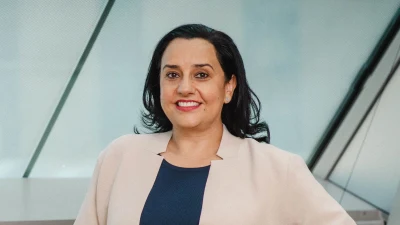Fund manager defers payment of fees to keep fund afloat
Melbourne-based Hastings Funds Management is deferring an equity payment equivalent to more than $5 million from the Hastings Diversified Utilities Fund (HDF), of which Hastings is the responsible entity.
The fund manager is deferring a $5 million 'incentive fee' owed to it by one of its funds as it tries to relieve the debt burden on the fund. HDF owes Hastings an incentive fee payable in the form of 7.2 million HDF securities. This bundle of securities would be worth $5.2 million based on the security price at the close of business last Thursday (April 2, 2009).
The incentive fee for 2008 was meant to be paid in quarterly instalments beginning this month, the manager's statement to the Australian Securities Exchange said. But since the plan was announced in January, HDF's security price has been hit. Hastings believes this is due to investor concern around the capital and debt issues of the fund, among other factors.
As a result, the manager will defer the issue of the 7.2 million securities until the fund's loan facility is renegotiated, refinanced or repaid. The payment will also not be made before the TAPS Trust Hybrid securities reach maturity in July 2010.
Hastings chief executive Steve Boulton said the manager is focused on resolving HDF's key funding issues, but that the deferral of the incentive fee may be reviewed if a takeover or change in the responsible entity of the fund is announced.
Recommended for you
Insignia Financial has reported net inflows of $448 million into its asset management division in the latest quarter, as well as popularity from advisers for its MLC managed accounts.
Two Australian active fund managers have been singled out by Morningstar for their ability to achieve consistent performance and share price growth in the past 12 months.
Pinnacle Investment Management has expanded its private market coverage, forging a strategic partnership with a private markets manager via a 13 per cent stake acquisition.
Active fund managers without a strong distribution platform will be “left behind”, believes Magellan, as it pivots its business away from being a traditional asset manager.











